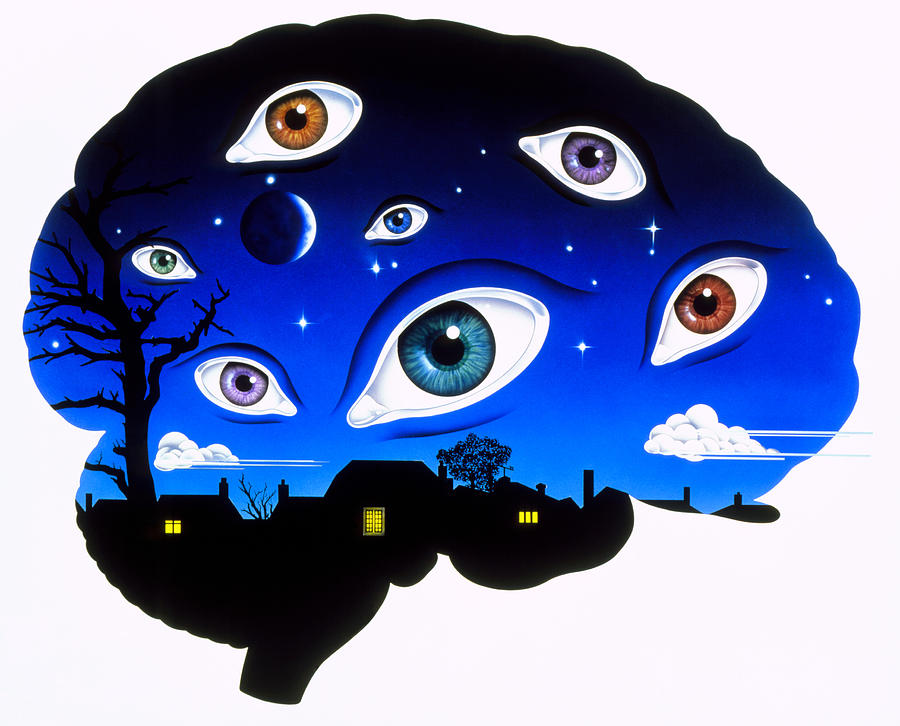Insomnia – or why the hell can’t I sleep?
Overview
Insomnia is a common sleep disorder in which sufferers find it hard to fall asleep, or stay asleep long enough.
Exactly how much sleep is enough is subjective, but most adults need seven to eight hours a night.
Many adults will experience short-term (acute) insomnia, which lasts for days or weeks, at some point in their lives; usually the result of acute stress or trauma. But some people have long-term (chronic) insomnia that lasts for a month or more.
Insomnia symptoms may include:
- Difficulty falling asleep at night
- Repeatedly waking up during the night
- Waking up too early
- Not feeling well-rested after a night’s sleep
- Daytime tiredness or sleepiness
- Irritability, depression or anxiety
- Fatigue related issues such as the inability to focus
- Ongoing worries about sleep
Complications of insomnia may include:
- Lower performance on the job or at school
- Slowed reaction time while driving and a higher risk of accidents
- Mental health disorders, such as depression, an anxiety disorder, or substance abuse
- Increased risk and severity of long-term diseases or conditions, such as high blood pressure and heart disease
Many Possible Reasons for Insomnia
Insomnia may be the primary problem, but it may also be the result of other conditions.
Common causes of chronic insomnia include:
- Stress.
- Travel or work schedule.
- Poor sleep habits.
- Eating too much late in the evening.
Chronic insomnia is usually a result of stress, life events, or habits that disrupt sleep. Treating the underlying cause can resolve the insomnia, but sometimes it can last for years.
Additional common causes of insomnia include:
- Mental health disorders. Anxiety disorders, such as post-traumatic stress disorder, may disrupt your sleep. Awakening too early can be a sign of depression. Insomnia often occurs with other mental health disorders as well.
- Medications.
- certain antidepressants
- medications for asthma or blood pressure.
- Many over-the-counter medications — such as some pain medications, allergy and cold medications, and weight-loss products
- Medical conditions.
- chronic pain, cancer, diabetes, heart disease, asthma, gastroesophageal reflux disease (GERD), overactive thyroid, Parkinson’s disease and Alzheimer’s disease.
- Sleep-related disorders.
- Sleep apnea
- Restless legs syndrome
- Caffeine, nicotine and alcohol.
Insomnia and aging
Insomnia becomes more common with age. As you get older, you may experience:
- Changes in sleep patterns.
- Changes in activity.
- Changes in health.
- More medications
Diagnosis & Treatment
Diagnosis

- Physical exam.
- Sleep habits review.
- Sleep study. Tests are done to monitor and record a variety of body activities while you sleep, including brain waves, breathing, heartbeat, eye movements and body movements.
Initial Treatment
Prevention
Good sleep habits can help prevent insomnia and promote sound sleep:
- Keep your bedtime and wake time consistent from day to day, including weekends.
- Stay active — regular activity helps promote a good night’s sleep.
- Check your medications to see if they may contribute to insomnia.
- Avoid or limit naps.
- Avoid or limit caffeine and alcohol, and don’t use nicotine.
- Avoid large meals and beverages before bedtime.
- Make your bedroom comfortable for sleep and only use it for sex or sleep.
- Create a relaxing bedtime ritual, such as taking a warm bath, reading or listening to soft music.
Advanced Treatment
Cognitive behavioral therapy for insomnia
- Stimulus control therapy. Remove factors that condition your mind to resist sleep.
- Relaxation techniques. Progressive muscle relaxation, biofeedback and breathing exercises
- Sleep restriction. Avoid naps
- Remaining passively awake. Getting in bed and trying to stay awake rather than expecting to fall asleep.
- Light therapy. To adjust your internal clock
Prescription medications
Examples include:
- Eszopiclone (Lunesta)
- Ramelteon (Rozerem)
- Zaleplon (Sonata)
- Zolpidem (Ambien, Edluar, Intermezzo, Zolpimist)
Prescription sleeping pills can have side effects, such as causing daytime grogginess and increasing the risk of falling, or they can be habit-forming.
Over-the-counter sleep aids
- Antihistamines
- Melatonin supplements
So tell us YOUR story!
Ask questions!
Disclaimer: This is an informational post designed to foster discussion. It should not substitute for the advice of your doctor.
